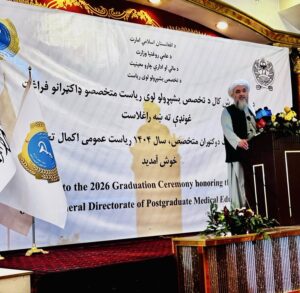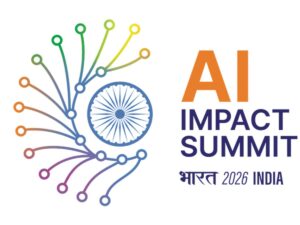KABUL (SW) – A number of visually impaired individuals in Afghanistan have called on the de-facto government to address limited access to education and job opportunities demanding their monthly allowances must be increased.
Seyar Amiri, a resident of Kabul who is visually impaired, said that his monthly allowance from the government is set at 3,000 afghanis, which is paid annually. However, Amiri states that this amount is insufficient to meet his basic needs and those of his family members.
He adds: “The main problem is that only 50% of the allowance for the visually impaired people is paid, and the rest is either not paid at all or not paid on time. During the winter, they need money, but it’s only given to them at the end of the season.”
Officials at the Afghanistan Organization for Welfare Services of Blinds (AOWSB) also complain about the lack of job opportunities for the visually impaired individuals, saying that their monthly allowances are too low.
Ahmad Farid Aziz, the head of this organization, who is also visually impaired, urges the de-facto government of the Islamic Emirate to not only increase the monthly allowances for individuals with different abilities but also provide opportunities for them to be actively involved in society.
He says: “There should be attention given to increasing the allowances for people with disabilities and providing job opportunities for them. They should be accepted in government offices, where their talents can be utilized.”
Mohammad Hussain, another visually impaired individual, voices frustration about society’s discriminatory attitude towards people with disabilities. He points out that visually impaired graduates in Afghanistan are not provided with job opportunities.
He adds: “Visually impaired people face many challenges, including cultural, educational, and learning difficulties. In many provinces, they have no access to education. Many educated blind individuals are not given job opportunities, and we ask the Islamic Emirate to create work opportunities for them.”
Meanwhile, officials from the Ministry of Technical and Vocational Education under the Islamic Emirate state that 20 special schools for visually impaired individuals are currently active, with 940 boys up to the high school level and 400 girls up to grade six receiving education.
Mohammad Osman Almas, the Director of Information and Public Relations at the ministry, states that besides modern education, visually impaired students at these schools are also learning vocational skills such as handicrafts.
“In Kabul, we have an institute for the blind, in Herat, there is a high school for the blind, and in other provinces, we have combined educational centers for the blind and the hearing impaired,” he said.






